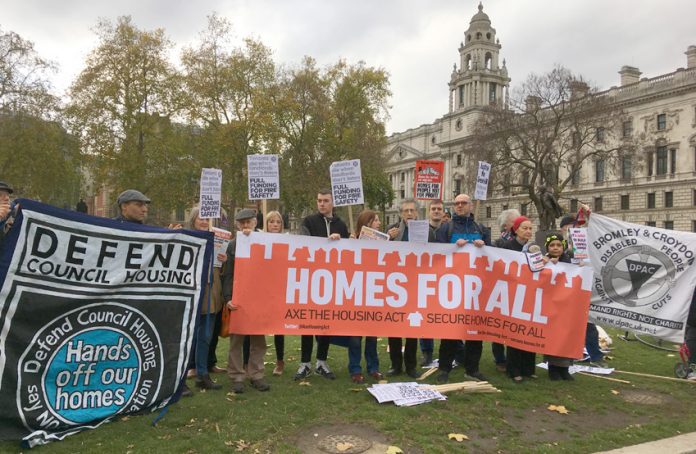
TORY Chancellor Hammond kicked public sector workers in the teeth in his class war budget yesterday, refusing to lift the seven-year pay freeze which has seen their pay fall by at least 16% since 2010.
Signalling that British capitalism is rapidly collapsing, Hammond began by complaining that ‘regrettably our productivity performance continues to disappoint’. ‘Stubbornly flat inflation,’ he continued, ‘will peak at 3% in this quarter before falling back to target,’ he claimed.
Downgrading the Office for Budget Responsibility (OBR) growth forecast for 2017, which he had announced just seven months ago in his Spring Budget in March, from 2% to 1.5%, Hammond warned that growth will continue to collapse, to 1.4% in 2018, 1.3% in 2019 and 1.5% in subsequent years, only rising to 1.6% in 2021-22.
He announced that tobacco duty will rise by inflation plus 2% with an additional 1% duty on hand-rolling tobacco this year. Minimum excise duty on cigarettes will also rise. Further attacking the poor, he went on: ‘Excessive alcohol consumption by the most vulnerable people is all too often through cheap high-strength low-quality products, especially so-called white ciders … We will legislate to increase duty on these products from 2019.’
Signalling that austerity is to continue under the Tories, Hammond announced public sector borrowing of £49.9bn this year, £8.4bn lower than forecast in March, then falling in every subsequent year from £39.5bn in 2018-19 to £25.6bn in 2022-23 and public sector net borrowing forecast to fall from 3.8% of GDP last year to 2.4% this year, then 1.9%, 1.6%, 1.5% and 1.3% in subsequent years, reaching 1.1% in 2022-23.
Debt will peak at 86.5% of GDP this year, then fall to 86.4% next year; then 86.1%, 83.1% and 79.3% in subsequent years, reaching 79.1% in 2022-23, he claimed. On Universal Credit, Hammond announced a fund of £1.5bn to remove the mandatory seven-day wait and that it would become easier for claimants to receive an advance, or loan, which would have to be paid within one year instead of the previous six months.
To oil the wheels of NHS privatisation under the Tory STP programme, Hammond announced: ‘First we will deliver an additional £10 billion package of capital investment in frontline services over the course of this parliament to support the Sustainability and Transformation Plans (STPs) which will make our NHS more resilient.’
Hammond also announced the abolition of stamp duty for first-time house buyers buying houses for less than £300,000, and that ‘the Homes and Communities Agency will expand to become Homes England, bringing together money, expertise and planning and compulsory purchase powers.’
He announced the building of five new ‘garden towns’ delivered through ‘public-private partnerships designed to attract capital investment from around the world’. Labour leader Jeremy Corbyn responded: ‘The reality test of this budget has to be how it affects ordinary people’s lives … Pay is now lower than it was in 2010 and wages are now falling again.
‘Economic growth in the first three quarters of this year is the lowest since 2009 and the slowest of the major economies in the G7. It’s a record of failure with a forecast of more to come. Economic growth has been revised down, productivity growth has been revised down, business investment revised down, people’s wages and living standards revised down …
‘The number of people sleeping rough has doubled since 2010 and this Christmas 120,000 children will spend Christmas in temporary accommodation … In some parts of the country, life expectancy is actually beginning to fall … 1.9 million pensioners, one in six of all pensioners, are living in poverty, the worst rate anywhere in western Europe.
‘So it’s falling pay, slow growth and rising poverty and this is what the Chancellor has the cheek to call a strong economy … The poorest tenth of households will lose 10% of their income by 2022 … personal debt levels are rising … working class young people are now leaving university with £57,000 worth of debt because this government trebled tuition fees to £9,250 per year.’
Corbyn concluded: ‘We were promised a revolutionary Budget. The reality is nothing has changed. People were looking for help from this Budget, they have been let down. Let down by a government that like the economy they’ve presided over is weak and unstable and in need of urgent change.
‘They call this Budget, “Fit for the Future”. The reality is this is a government no longer fit for office.’